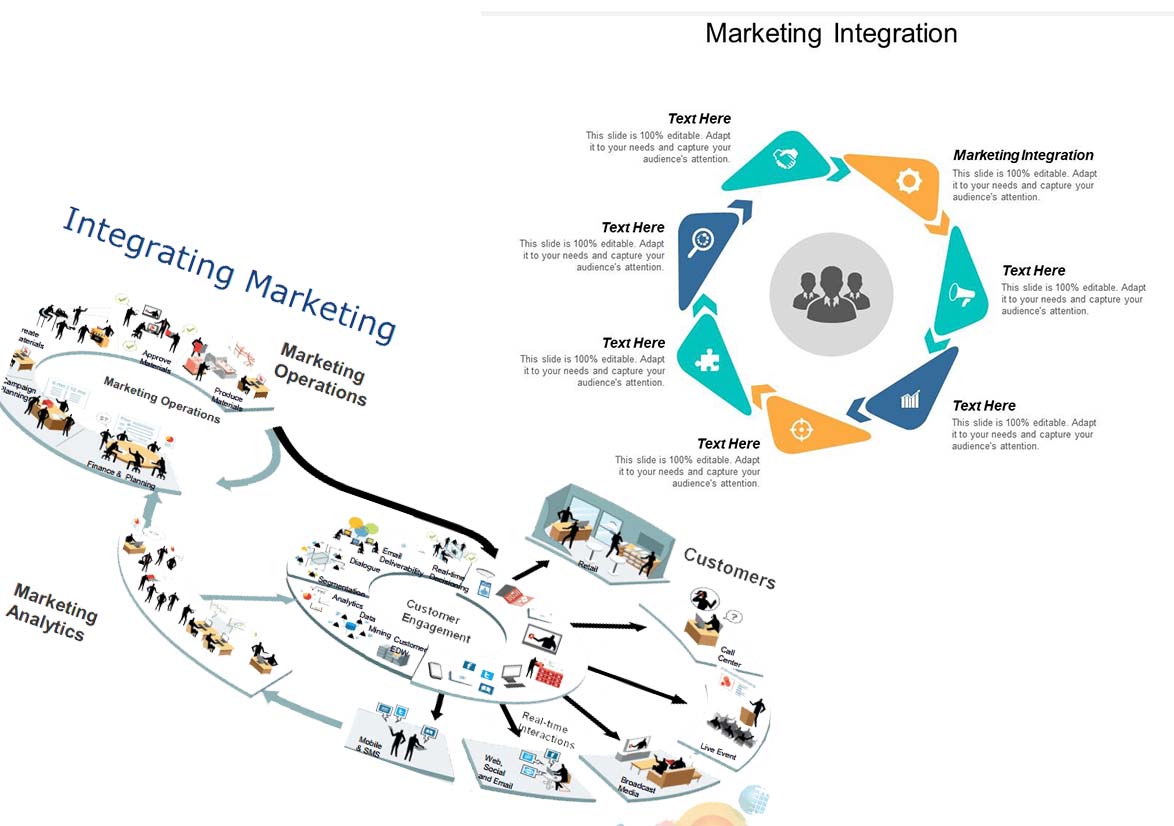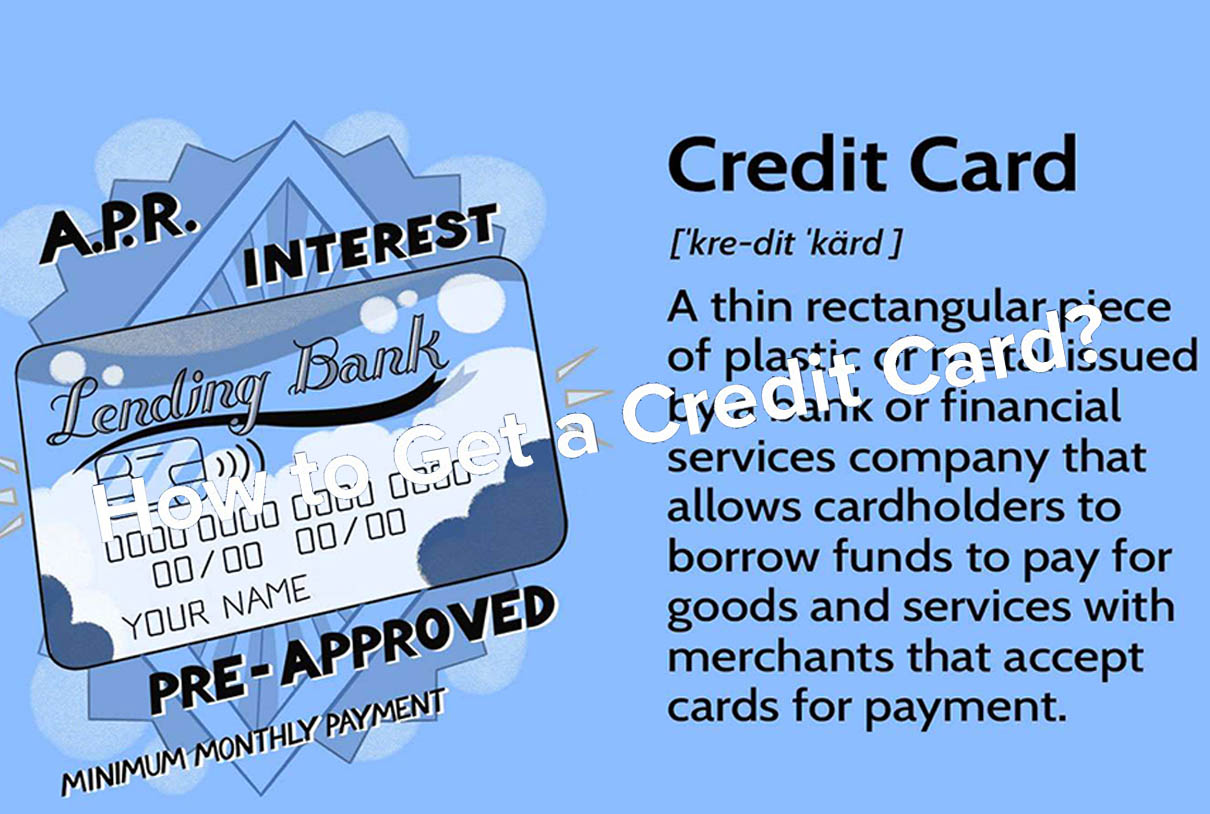Marketing integration is essential because it allows businesses to present a unified front, avoiding conflicting messages that could confuse or alienate customers. By aligning all marketing efforts, companies can reinforce their brand identity and establish a stronger connection with their target audience.

SEO (Search Engine Optimization) has become an essential aspect of any successful marketing strategy. In this comprehensive guide, we will delve deep into the concept of Marketing Integration, exploring its significance, implementation, and the benefits it can offer to businesses seeking to strengthen their online presence and improve their marketing efforts.
Introduction
In the digital age, a strong online presence is crucial for the success of any business. With the vast sea of information available on the internet, it’s becoming increasingly challenging for businesses to stand out and reach their target audience. This is where Marketing Integration plays a pivotal role. Combining SEO with other marketing tactics can lead to a powerful strategy that drives organic traffic, enhances brand visibility, and boosts overall performance.
Marketing Integration
Marketing Integration is the practice of combining various marketing channels and techniques to create a cohesive and harmonious approach to promote a brand or business. By leveraging the power of SEO along with other marketing strategies such as social media marketing, content marketing, email marketing, and paid advertising, businesses can establish a holistic approach that yields exceptional results.
Marketing integration refers to the seamless unification of various marketing efforts and strategies to present a consistent brand image and message across different channels and touchpoints. It involves breaking down silos between different marketing departments, such as advertising, public relations, social media, and sales, to create a holistic approach.
The Importance of Marketing Integration
Marketing Integration offers numerous benefits to businesses, making it a crucial aspect of any marketing plan. Let’s explore some key reasons why you should consider integrating SEO with other marketing efforts.
1. Amplify Your Reach Across Channels
By integrating SEO with other marketing channels, you can amplify your brand’s reach and visibility. A cohesive strategy ensures that your message reaches the right audience at the right time through various platforms, increasing your chances of engaging potential customers.
2. Improve Brand Consistency
Consistency is key to building brand recognition and trust. When your marketing efforts are integrated, your brand messaging, tone, and visuals remain consistent across all platforms, strengthening your brand identity.
3. Maximize Conversion Opportunities
A well-integrated marketing strategy allows you to maximize conversion opportunities. By targeting potential customers at different stages of the buyer’s journey with tailored content and offers, you can guide them through the sales funnel effectively.
4. Enhance User Experience
Marketing Integration emphasizes delivering a seamless user experience. When potential customers encounter consistent messaging and a smooth transition between different marketing touchpoints, they are more likely to have a positive perception of your brand.
Implementing Marketing Integration: A Step-by-Step Guide
1. Set Clear Objectives
The first step in implementing Marketing Integration is to define your objectives. What do you want to achieve through this approach? Whether it’s increasing website traffic, generating leads, or boosting sales, having clear goals will guide your strategy.
2. Know Your Target Audience
Understanding your target audience is fundamental to successful marketing integration. Conduct market research to identify your audience’s preferences, pain points, and online behavior, which will help you create relevant and engaging content.
3. Align SEO with Other Channels
Integrate your SEO efforts with other marketing channels to ensure consistency. Coordinate keyword strategies, content creation, and promotions to convey a unified message across all platforms.
4. Create Valuable Content
Content is the backbone of any marketing strategy. Develop high-quality, valuable content that addresses your audience’s needs and interests. From blog posts and videos to infographics and social media updates, diverse content types will cater to different audience preferences.
5. Optimize for Mobile
With the majority of internet users accessing content on mobile devices, mobile optimization is crucial. Ensure that your website and all marketing materials are mobile-friendly to enhance the user experience.
6. Analyze and Refine
Continuously monitor the performance of your marketing integration strategy. Analyze key metrics, such as website traffic, conversions, and bounce rates. Use the data to identify strengths and areas for improvement, then refine your approach accordingly.
The Benefits of SEO Marketing Integration
1. Boost Organic Traffic
Integrating SEO with other marketing channels can significantly boost organic traffic to your website. By optimizing your content for relevant keywords and promoting it through social media and email campaigns, you can attract more visitors.
2. Strengthen Brand Authority
A well-integrated marketing approach helps establish your brand as an authority in your industry. Consistent and valuable content across various platforms builds trust among your audience and positions your brand as a reliable source of information.
3. Increase Conversion Rates
As your marketing efforts align seamlessly, your audience will have a clearer understanding of your brand and offerings. This leads to higher conversion rates as potential customers are more likely to make informed decisions.
4. Improve Search Engine Rankings
By combining SEO techniques with other marketing strategies, search engines perceive your website as more relevant and authoritative. This can lead to improved rankings on search engine results pages (SERPs).
5. Enhance User Engagement
Marketing Integration fosters better engagement with your audience. When your content appears consistently across different channels, it resonates with users and encourages them to interact with your brand.
FAQs
Q: How does Marketing Integration impact my search engine rankings?
Marketing Integration positively impacts your search engine rankings by signaling to search engines that your brand is authoritative and trustworthy. Consistent content across multiple channels boosts your online reputation, leading to higher rankings on SERPs.
Q: Is it essential to integrate SEO with social media marketing?
Yes, integrating SEO with social media marketing is essential. Social media platforms are valuable for promoting content, engaging with your audience, and driving traffic to your website—all of which contribute to better SEO performance.
Q: Can Marketing Integration improve my ROI?
Absolutely! Marketing Integration allows you to optimize your marketing efforts by targeting the right audience with the right content. This increases the likelihood of conversions, leading to a higher return on investment.
Q: How long does it take to see results from Marketing Integration?
The timeline for seeing results from Marketing Integration varies depending on factors such as your industry, target audience, and the competitiveness of keywords. Generally, it may take a few months to notice significant improvements in traffic and conversions.
Q: Can small businesses benefit from Marketing Integration?
Yes, Marketing Integration is beneficial for businesses of all sizes. For small businesses, it offers a cost-effective way to maximize their marketing efforts and compete with larger competitors on a level playing field.
Q: What are the key challenges of implementing Marketing Integration?
While Marketing Integration offers numerous benefits, it also comes with challenges. Some common obstacles include aligning different marketing teams, maintaining consistent messaging, and accurately measuring the impact of integrated campaigns.
Conclusion
Marketing Integration is the key to unlocking the true potential of your marketing efforts. By combining SEO with other marketing channels, you can amplify your reach, strengthen your brand, and enhance user engagement. As you tailor your content to address your audience’s needs and preferences, you pave the way for higher organic traffic and improved conversion rates. Embrace Marketing Integration and take your business to new heights in the digital landscape.

